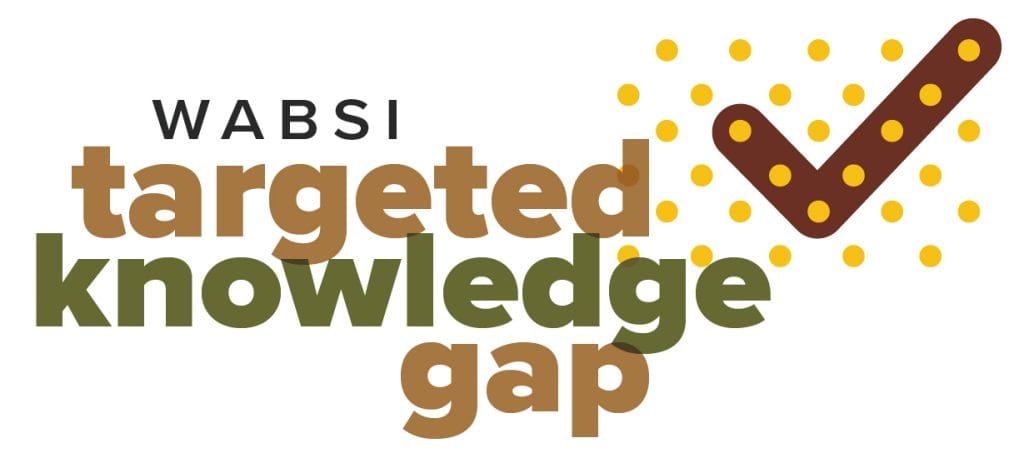Increasing knowledge to mitigate cat impacts on biodiversity: Research program focal area 4 – Developing novel management
Addressing research priorities
Would you like to undertake high-impact research that really makes a difference? WABSI consults extensively with end users and stakeholders to identify priority biodiversity science knowledge needs. This helps us develop timely and relevant programs that address critical needs and have a strong pathway to adoption.
Developing projects that address key end user priorities can help maximise project funding opportunities and will lift the impact of your research.
To work with the WABSI collaboration of partners in addressing priority issues, submit a project abstract. (Please demonstrate a clear alignment with one or more priority knowledge gaps.)

Focal area 4 – Developing novel management
| OUTCOMES | OBJECTIVES | KNOWLEDGE GAPS |
| Knowledge gaps specific to feral cats within the gene drive context are addressed to support future gene editing approaches as a novel control proposition Alternative (enhanced and more sustainable) novel toxins (or toxin delivery mechanisms) are available for cat control Development and operationalisation of novel control tools The extent of land (and the number of wildlife populations) benefitting from effective cat management is significantly increased | An annotated genome for Felis catus, with genes of interest identified for gene editing control solutions Develop and refine the use of emerging control technologies, particularly in regard to increased efficacy with new contexts | 10. Gene editing: molecular studies on genes of interest 11. Other novel solutions |